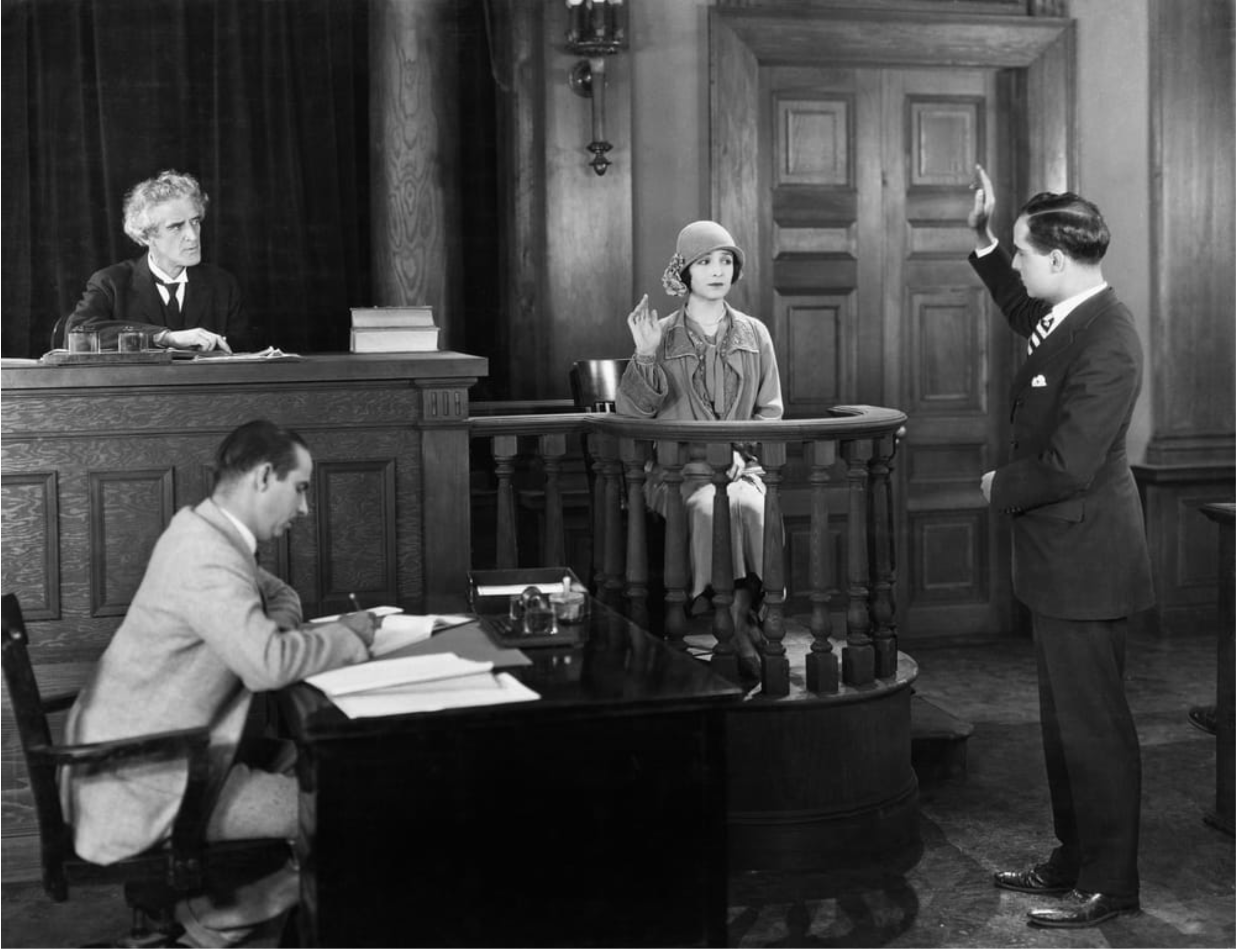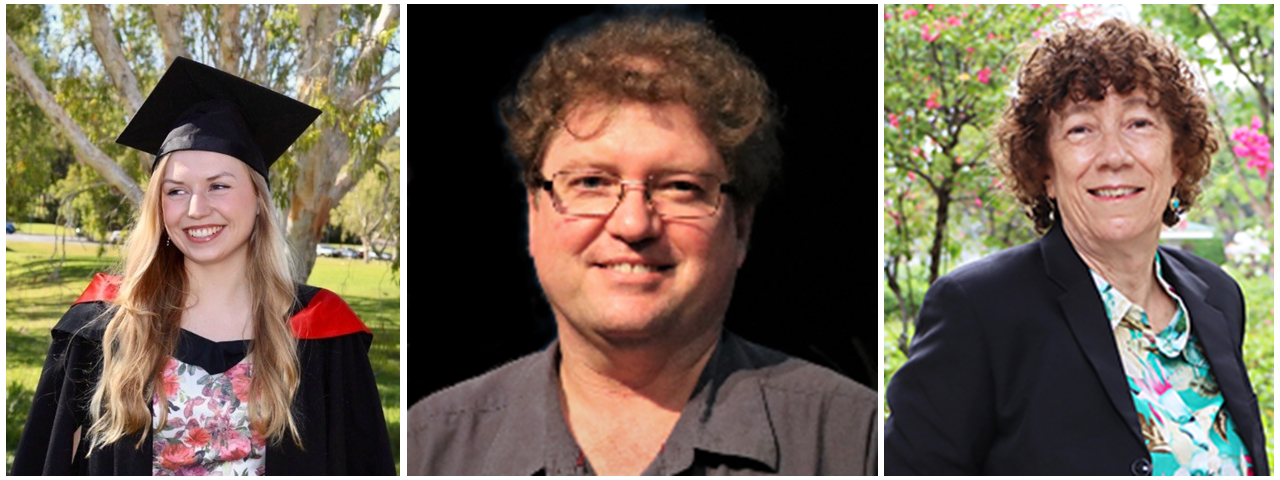Have you ever found yourself struggling to remember your babysitter’s name from childhood? Or what about remembering if you ate a full meal before 8 PM? If you’re anything like me, some details are often discarded immediately from memory, but others are sometimes weirdly retained for years. Some days, I can remember the cool jacket I saw a stranger on the bus wearing, and other days, I walk five steps into a room not knowing why I came there in the first place. Yet, in general, I trust my memory. After all, memory is pretty reliable, or is it?

From a legal perspective, eyewitness accounts are foundational for the criminal justice system, from giving initial witness statements to providing testimony in court. Yet, well-documented research suggests that eyewitness accounts are far from perfect, causing many eyewitness memory researchers to warn about the untrustworthiness of eyewitness memory (see, for example, Loftus’s keynote during the Psychonomic Society 2013 Annual Meeting). Also, the Innocence Project, the nonprofit organization committed to exonerating individuals with wrongful convictions, has identified eyewitness misidentification as the leading cause in over 60% of their cases.

Is eyewitness memory so unreliable that we should do away with it? In light of fairly new research showing promising indicators of eyewitness accuracy, some researchers have expressed more optimistic views about eyewitness memory than has been expressed in the past. Also, disregarding eyewitness accounts is not always advisable or even possible. In many gender-based crimes, witness testimony is the primary evidence when physical evidence is limited and the perpetrator has no history of violence.
Several high-profile court cases have even used this idea of fallible memory to discredit victims’ eyewitness testimonies, instead taking the perpetrator’s memory to be more accurate. When most gender-based crimes involve female victims and male perpetrators, disregarding witness accounts not only has the potential for causing further trauma, but also creates a dangerous pattern. Increased social awareness of gender-based crimes brought on by the #MeToo movement has led to demands that our legal systems reassess gender-based crimes, so what role does gender play, if any, in eyewitness memory?
In a recent scoping review article published in the Psychonomic Society’s journal Psychonomic Bulletin & Review, Emma Russell, Mitchell Longstaff, and Heather Winskel examined the existing research into the effect of gender on eyewitness accounts. To guide their review, they asked what gendered differences had been found in eyewitness memory (if any), how exactly these results were found, and what explanations were offered. Assembling twenty-two articles spanning the last fifty years, they realized the data pointed to one realization: there is no gender difference in eyewitness memory. At least, no major difference.

Across the currently available literature, men and women usually performed equally well in the number of details recalled and the accuracy of those details. The most consistent finding across all twenty-two papers was an own-gender recall bias, where witnesses remembered more details about a perpetrator of the same gender, like their appearance.
In their review, Russell, Longstaff, and Winskel found a slight gender bias in that women sometimes recalled more person-related details, like clothing, age, and hair, while men recalled more environment-related details, like the color of the bin where an object was stashed, but these trends were never consistent. The explanations provided for these differences often boiled down to different attentional focus. For example, women are socially conditioned to have more interest in person-related details like clothing, or to be more wary of the strangers around them. However, these were just the minor trends. The review article’s biggest takeaway was that both men and women had similar accuracies and rates of recall in eyewitness accounts.
Beyond presenting these results, Russell, Longstaff, and Winskel documented an inconsistent set of methodologies and terminologies throughout the literature into gender differences in eyewitness testimony. The variety of stimuli and memory measures highlighted the lack of consistency in this research, holding the field back from making more generalizable conclusions.
Where do we go from here? Well, the authors provide one totally radical suggestion: let’s not start with the assumption that one gender has a better memory than the other. Completely opposite, in fact. According to Russell, Longstaff, and Winskel,
“we should at least start with the assumption that people who are honestly aiming to recall event details will be similarly accurate irrespective of whether they are female or male.”
Beyond this, let’s assume that the core qualities of an individual’s account are true. Let’s continue to believe and support women. And next time you tune into your favorite Law & Order rerun, you can watch with a little more understanding of eyewitness memory.
Featured Psychonomic Society article
Russell, E. M., Longstaff, M. G., & Winskel, H. (2023). Sex differences in eyewitness memory: A scoping review. Psychonomic bulletin & review, 1-15. https://doi.org/10.3758/s13423-023-02407-x

1 Comment
Hi, I’m a test.